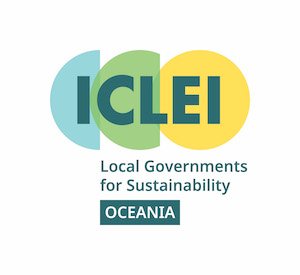IPCC Special Report on Oceans & Cryosphere
Exploring the impacts of climate change on the ocean and cryosphere, the latest IPCC report shows that oceans have never been more significant. The IPCC’s Special Report on Oceans and Cryosphere acknowledges that the ocean and cryosphere are not only connected to ecosystem functioning, food and water security and economics, but are a crucial part of culture and identity. The report acknowledges the ocean and cryosphere changes directly affect each of the United Nations Sustainable Development Goals.
Key findings of the IPCC’s Special Report on Oceans and Cryosphere are:
Since 1970 the global ocean has warmed unabated.
The ocean has absorbed more than 90% of the excess heat in the climate system. By 2100 the ocean will absorb 3 to 4 times this amount of heat even if global warming is limited to 2 degrees Celsius.
Ocean warming, in combination with human activities on land and sea, has resulted in coastal ecosystems enduring intensified marine heatwaves, acidification, losses of oxygen, salinity intrusion and sea level rise. The impacts of these effects can already be observed through habitat area and biodiversity as well as ecosystem functioning.
Since 1993 the rate of ocean warming has more than doubled. Marine heatwaves have doubled in frequency and a loss of oxygen has occurred from the surface to 1,000m.
There are 680 million people living in low-lying coastal zones, with 68 million people living in small island developing states.The IPCC recommends that, in conjunction with a dramatic reduction in greenhouse gas emissions, adaptation strategies that address the local drivers of climate change can ensure the greatest chance of survival for life with a warming ocean. From evaluating current low-lying regions responses the IPCC highlights four characteristics of successful adaptation:
taking a long-term perspective when making short-term decisions
improved coordination of responses across scales, sectors and policy domains
prioritising consideration of social vulnerability and equity underpins fair and just climate resilience and sustainable development
public awareness and understanding of risks and responses through integrating local, indigenous and scientific knowledge systems through social learning
For more read the IPCC media release
Written by Zoe Goodman
